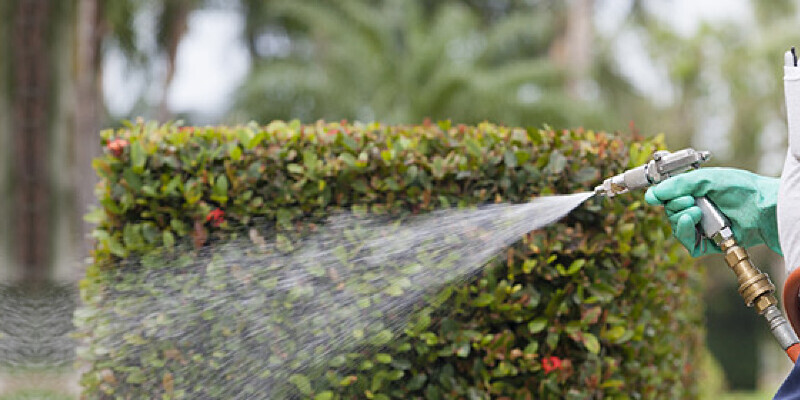
People-Friendly Pesticides for Garden Vegetables to Kill Insects
Finding bugs in your prized garden vegetables will be alarming, but it does not mean that your hopes of a chemical-free crop are dashed. To keep your vegetables protected for eating and the dirt and ground water safe for growing them turn to microbe-, soap- or plant-based pesticides. These people-friendly pest killers work against an huge range of harmful insects, but do minimal harm to beneficial ones when correctly applied. Utilize them up to this day of harvest.
Bt for Caterpillars
Microbial Bacillus thuringiensis var. Kurstaki sprays controls hornworms, cutworms, armyworms, fruit worms, cabbageworms and a lot of other vegetable-devouring caterpillars. It paralyzes and ruptures their gastrointestinal systems, but has no effects on other insects, animals or people. The insects stop eating immediately after eating Bt, but it may take them two or three times to die.
Applying Bt
Bt works best on young caterpillars, so monitor your vegetables and begin spraying when the first eggs hatch. Care for your vegetables on a dry afternoon so sunlight won’t rain and damage won’t wash from the microbes. Apply a ready-to-use Bt alternative until it coats all leaf surfaces. Repeat every five to seven days, or as often as the manufacturer recommends, to kill later-hatching caterpillars. Follow the label’s directions and wear protective clothing, like a long-sleeved shirt, long trousers, shoes, socks and safety goggles when spraying any pesticide.
Insecticidal Soap Spray
Aphids, spider mites, mealybugs, scale insects, thrips and other soft-bodied insects feed vegetables’ sap or leaf-cell contents. Commercial, ready-to-use insecticidal soap sprays containing fatty acids and mineral salts kill these insects by disrupting their cell membranes or penetrating their watertight outer shells and dehydrating them. When it’s dried, insecticidal soap does not harm bees or other beneficial insects seeing your own vegetables.
Applying Insecticidal Soap
Because tomatoes (Lycopersicon esculentum) can suffer sun damage from the soap, spray them after sundown or on a muddy day. If you are uncertain about other vegetables, then test them in advance by spraying a couple of leaves and waiting 48 hours to see whether the item damages the plant at all. If there are not any difficulties, spray the infested plants heavily enough to get to the insects on either side of the leaves and inside leaf or flower buds. Repeat every two to three times, or as the label suggests.
Plant-Based Neem Oil
Broad-spectrum neem oil spray kills caterpillars, soft-bodied insects, flies, mites and beetles on contact. Vegetable leaves absorb the natural spray, so it also eliminates leaf miners. Neem oil affects different pests in various ways; it poisons some, sterilizes some and keeps others out of growing past the larval stage. In addition, it kills insect eggs.
Applying Neem Oil
Apply a ready-to-use neem oil at the first sign of an insect issue. To avoid harming bees and other pollinators, utilize it at the early morning or after dark. Water the vegetables well, and wear a respiratory mask and waterproof gloves in addition to your other protective gear while spraying. Otherwise, drifting spray can irritate your lungs or skin. Shake the bottle frequently and coat all of the plants’ surfaces till they drip. For continuing control, spray each and every a couple of weeks, or as often as the label suggests.